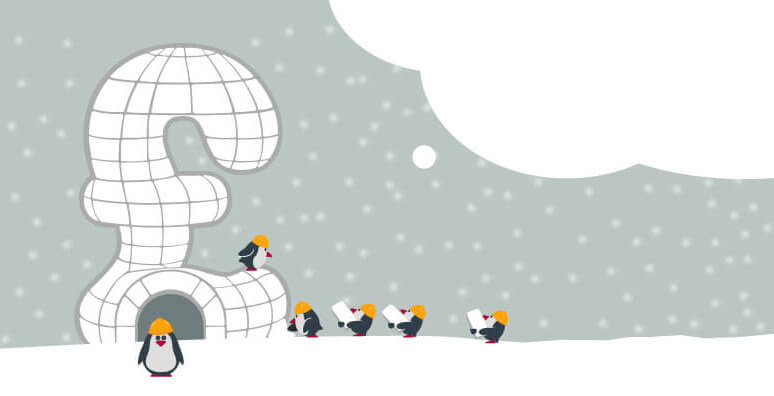In English divorce cases, future inheritance prospects will not generally be taken into account when determining financial settlement. Testamentary freedom means a testator’s wishes (and therefore a Will) can effectively change at any point up until the point of death. Accordingly, inheritance is only likely to be taken into account if it is imminent and therefore sufficiently certain.
However, where inheritance is received by a party to a divorce during the course of the marriage, how that inheritance is treated will depend broadly on the timing of the legacy and how it was treated by the parties during the course of the marriage. The starting point, nonetheless, is that it is an asset of the inheriting party and it must be disclosed as a resource available to them. The subsequent argument over whether it should be treated as a ‘marital’ asset open for division between the parties, as part of the financial settlement, will rest on the facts of the case.
In France and many other Civil Law countries, ‘forced heirship’ rules govern the disposal of estates on death, heavily limiting testamentary freedom. This has given rise to some common-place estate planning options, aimed at mitigating future inheritance tax for beneficiaries. Accordingly, if you are a French national undergoing an English divorce, you might be the donor and/or the beneficiary of a ‘Donation-Partage’ in France. This can relate to all types of assets and therefore a person’s entire estate but in practical terms, it will usually be reserved to real estate property.
Donation-Partage is a standard form of inheritance tax planning available in France, which allows a donor to gift a property (or part of) to one or several beneficiaries (usually children) during his or her lifetime, whilst holding on to the life interest (the ‘usufruct’ or as it is known in French ‘l’usufruit’). The value of the property is fixed at the time of the gift and taxed on that value. The property will not be re-valued or subject to further inheritance tax on death, which could be several years or decades later.
In practice, tax is never paid as the donor will benefit from tax breaks at the time of the gift and then again at regular intervals following the gift. In addition, if the donor chooses to retain a life interest in the asset, the donor can continue to enjoy the property and its ‘fruits’ (e.g. rental income during the remainder of his or her lifetime). Except in narrow circumstances, such as a beneficiary predeceasing the donor, a sale of the property being required to fund the care of the donor or say a legal dispute between donor and beneficiary, a Donation-Partage is irrevocable.
In the context of an English divorce, the effect of this for a donor with a life interest (who therefore remains responsible for the management and upkeep of the property during his or her lifetime) is a duty to disclose the beneficial interest, albeit the legal interest has been divested to a beneficiary or beneficiaries. For a beneficiary of a Donation-Partage, he or she will be required to disclose a legal interest in property, which often they do not consider their own and certainly may not have any control. Nonetheless, what might be considered ‘future inheritance’ by the beneficiary cannot be said to be uncertain and unquantifiable, as it has effectively been ‘crystalised’ by the French deed of gift (or Donation-Partage) and must form part of that party’s financial disclosure.
The disclosure of such future inheritance can considerably distort the figures on the schedule of assets and therefore will need careful analysis and explanation in order to ensure the figures are properly understood and treated in the same way and/or alongside the other party’s future inheritance prospects (which if in the UK may exist but deemed unquantifiable/uncertain and therefore largely ignored). Unless narrative explanations are accepted by the other spouse (whom may not be French and therefore unfamiliar with the concept of Donation-Partage and/or unable to consider the legal documentation first hand), expert evidence from a French lawyer may be required to confirm the position, including certified translations of the notarial deeds.
If you have any queries in relation to the impact of a Donation within English divorce proceedings, please contact Che in our Anglo French team. Che speaks French fluently and has significant experienced in family proceedings involving French links or assets.








